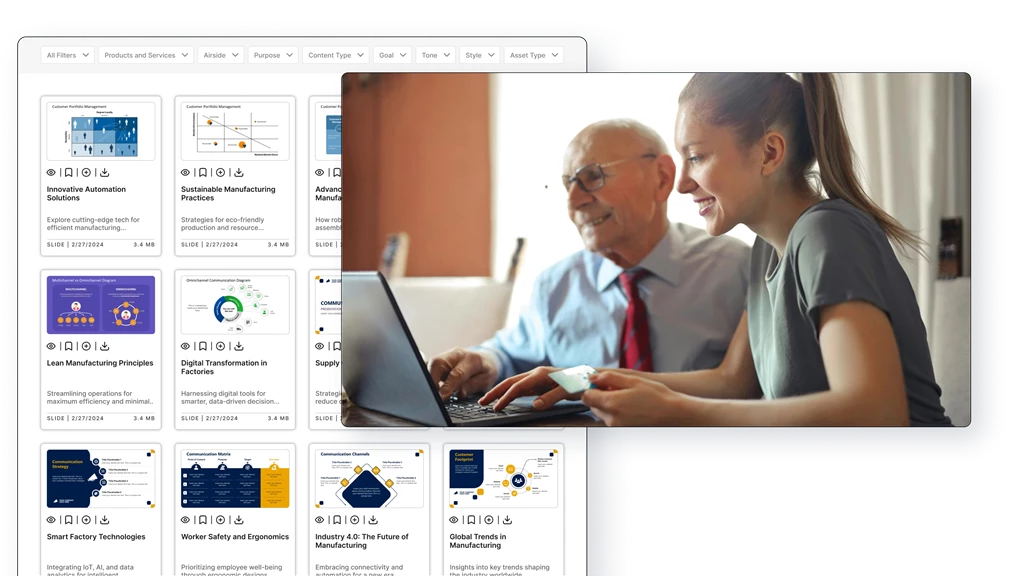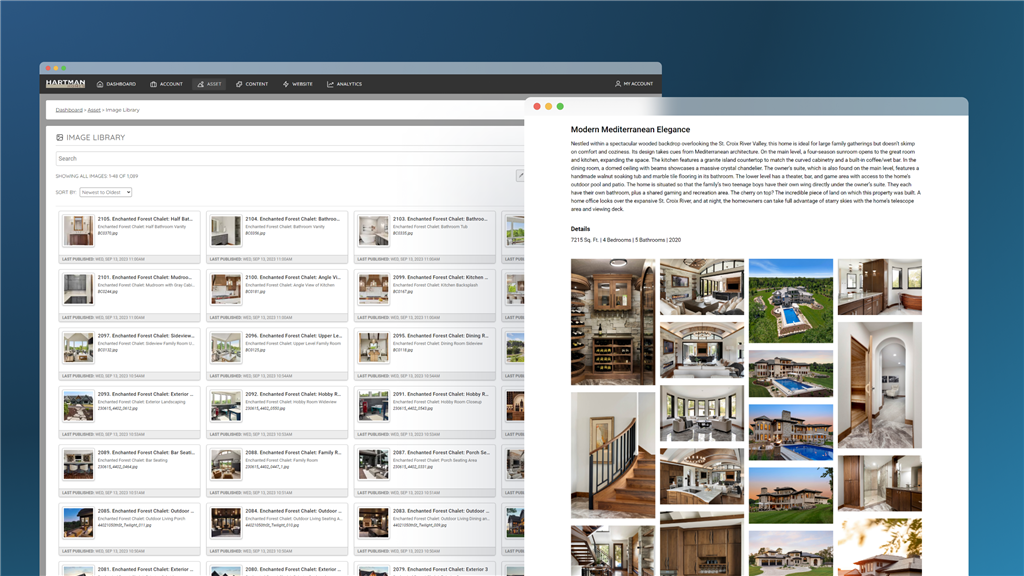Understanding the Digital Experience Platform (DXP)
A Digital Experience Platform (DXP) is an integrated set of technologies designed to enable the composition, management, delivery, and optimization of personalized digital experiences across various channels and touchpoints. Unlike traditional content management systems (CMS) or digital asset management (DAM) systems that focus on specific aspects of digital content, a DXP provides a holistic approach, integrating multiple functionalities to support the entire digital experience lifecycle.
Key Components of a DXP
A robust DXP typically includes the following core components:
Content Management System (CMS)
A CMS within a DXP allows businesses to create, manage, and distribute digital content efficiently. It supports various content types, including text, images, videos, and documents, enabling seamless content updates and publishing. Moreover, it ensures consistent content delivery across websites, mobile apps, social media, email, and other digital channels.
For example, if you're a manufacturing company, a CMS can help you keep your product manuals, specifications, and promotional content updated and accessible across all your digital platforms. This ensures that your customers and sales teams always have the latest information at their fingertips.
Digital Asset Management (DAM)
A DAM system organizes and stores digital assets such as images, videos, graphics, and documents, making it easy to search, retrieve, and use these assets. It also facilitates collaboration among teams by providing centralized access to digital assets and enabling version control and approval workflows.
Imagine an automotive dealership using the KNVEY DAM system to manage all its vehicle images and videos...even leveraging AI to analyze these assets and generate the best metadata options. This makes it simple to find and use the right assets for marketing campaigns, website updates, or customer inquiries, streamlining the entire process and ensuring consistency.
Product Information Management (PIM)
A PIM system consolidates product information from various sources into a single repository, ensuring accuracy and consistency across all channels. It helps you enrich your product content, including descriptions, specifications, images, and videos, to provide a compelling product experience.
For a construction real estate company, a PIM system can be invaluable. It can help manage detailed information about various properties and historical projects, including specifications, floor plans, images, and videos, ensuring that prospective buyers always have access to accurate and comprehensive information.
Personalization and Analytics
A DXP leverages data and analytics to deliver personalized content and experiences to different audience segments based on their behavior, preferences, and interactions. It provides analytics and reporting tools to measure the performance of digital experiences and gain insights into customer behavior and engagement.
In the education sector, for example, a DXP can personalize content for students based on their learning preferences and progress, while analytics can help educators understand how students are engaging with the material, allowing for data-driven improvements to the curriculum.
Integration Capabilities
A DXP integrates with other business systems such as CRM, ERP, e-commerce platforms, and marketing automation tools, enabling a unified digital ecosystem. It supports scalability and flexibility to adapt to changing business needs and incorporate new technologies and functionalities. The KNVEY platform offers powerful integrations with other business software- from NetSuite and Salesforce to HubSpot, Shopify, and Adobe.
For a retail and e-commerce business, seamless integration between the DXP and your e-commerce platform can streamline operations, improve inventory management, and enhance the overall customer shopping experience.
Why Your Business Needs a DXP
For businesses in manufacturing, automotive dealerships, construction, real estate and infrastructure, education, hospitality, travel, recreation, and retail and e-commerce, adopting a DXP offers numerous benefits that can drive growth, efficiency, and competitive advantage. Here are compelling reasons why your business needs a DXP:
Enhanced Customer Experience
A DXP ensures consistent and engaging digital experiences across all touchpoints, leading to higher customer satisfaction and loyalty. It delivers personalized experiences tailored to individual customer needs and preferences, improving engagement and conversion rates.
Streamlined Operations
Centralizing the management of digital content, assets, and product information reduces silos and improves operational efficiency. Automating repetitive tasks and workflows frees up resources and allows teams to focus on strategic initiatives.
Improved Time-to-Market
A DXP enables rapid content updates and publishing across multiple channels, ensuring timely and relevant communication with customers. It also streamlines the process of launching new products by providing a centralized platform for managing product information and digital assets.
Data-Driven Decision Making
A DXP provides valuable insights into customer behavior, content performance, and campaign effectiveness, enabling data-driven decision-making. It identifies opportunities for optimizing digital experiences and marketing strategies based on real-time data and analytics.
Competitive Advantage
A DXP enables businesses to innovate and differentiate themselves by delivering superior digital experiences that meet and exceed customer expectations. It prepares businesses for future digital trends and technologies, ensuring they remain competitive in a rapidly evolving market.



